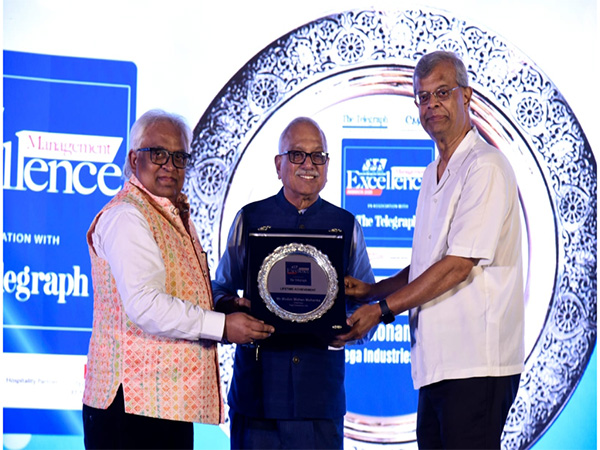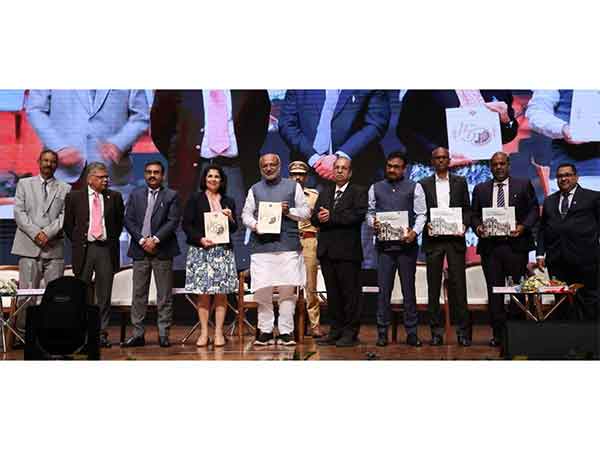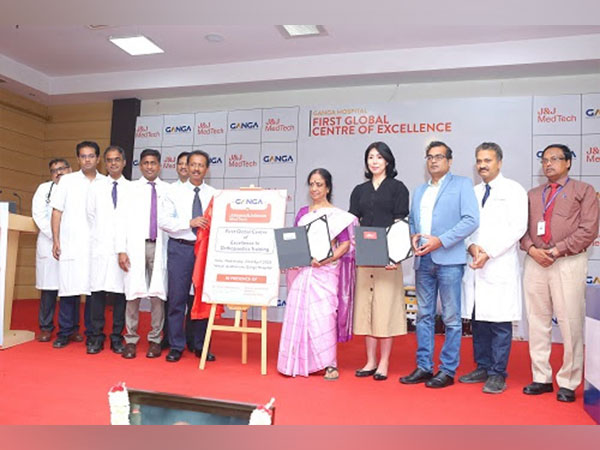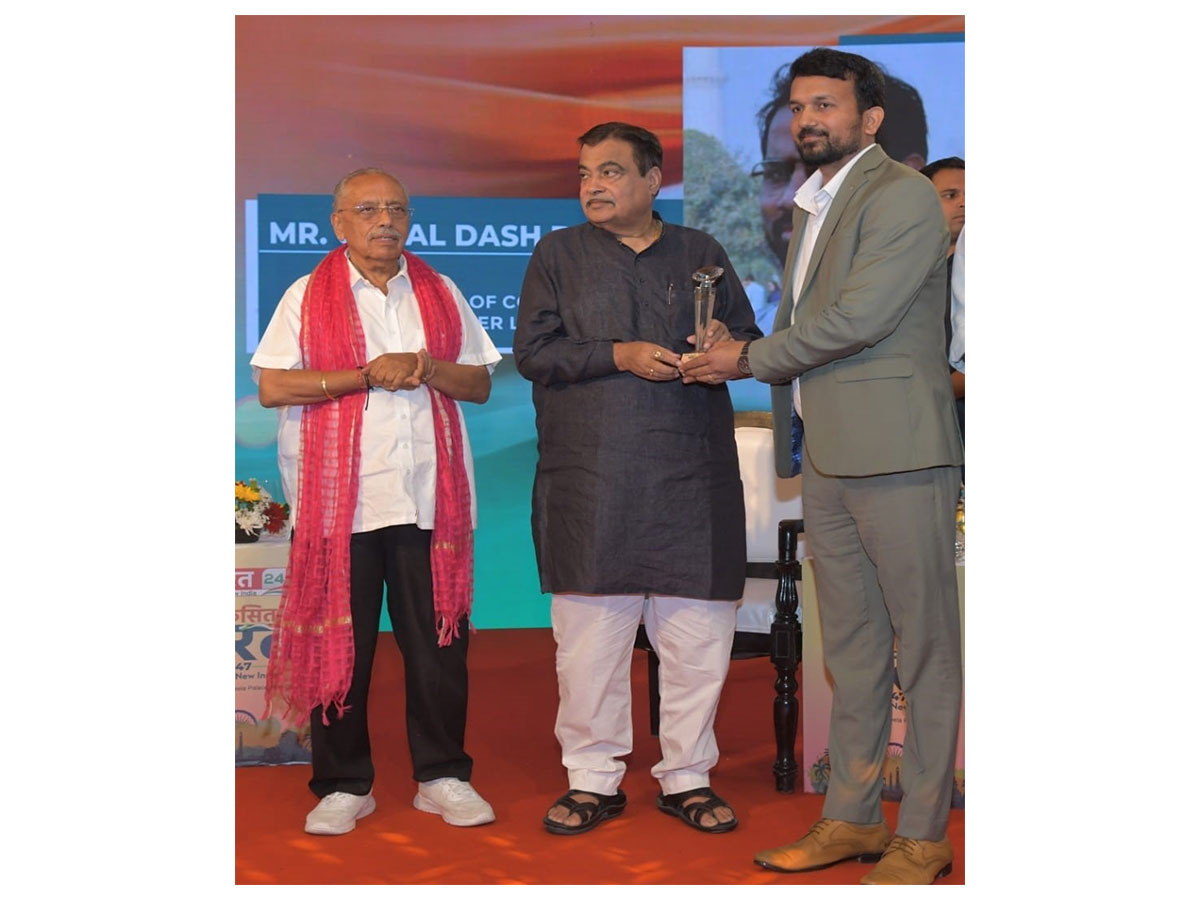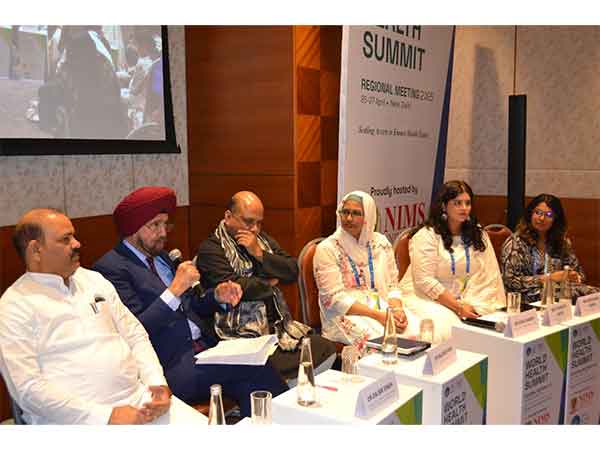
Youth Mental Health in Focus at World Health Summit Regional Meeting in New Delhi
Apr 26, 2025
VMPL
New Delhi [India], April 26: A high-impact panel discussion on "Strengthening Mental Health Systems for Youth: Prevention, Support, and Policy Action" was held today at the World Health Summit Regional Meeting at Bharat Mandapam, Pragati Maidan, New Delhi. Organized by ETI Services and the Policymaker's Forum on Mental Health, the session brought together parliamentarians, mental health professionals, policy advocates, and youth leaders to chart a roadmap for more inclusive, accessible, and youth-led mental health systems in India.
Opening the session, Dr. Dalbir Singh, President of the Policymaker's Forum for Mental Health, emphasized that, "The alarming rise in mental health conditions among young people is a reflection of the rapidly changing, often overwhelming nature of the world today -- we must act now, because the youth are not just the future of this country, they are its present, and their well-being is our collective responsibility." The panel addressed critical gaps in India's mental health system, particularly in institutions of higher education, and stressed the need for early intervention, community-based support models, and inclusive approaches that center the voices of young people.
Parliamentarians and practitioners on the panel highlighted how systemic challenges continue to marginalize young people--especially those from rural areas, marginalized genders, and underserved communities. Sh. Manoj Kumar, Hon. MP, Lok Sabha, emphasized the importance of supporting youth populations in underserved areas, "Coming from a rural background where we grew up in acute poverty and faced caste-based discrimination, conversations about mental health were largely absent. Today, with the alarming rise in student suicides, substance abuse, and mental health struggles, it has become a key issue and the critical need is awareness, no matter how small the start."
Dr. Rajdeep Roy, a senior parliamentarian, pointed to the gap between awareness and institutional readiness: "Educational institutions are ecosystems where students are nurtured -- with shifting family structures and growing systemic pressures, youth mental health must be made central through structured, evidence-based policy interventions in campus spaces."
Emphasising on the need for such platforms, Dr Sukriti Chauhan, CEO, ETI Services, stated, "In a world where the mental health of young people is too often overlooked, this session stands as a vital platform -- a space to not just listen, but to truly center their voices, honour their lived experiences, and ignite a collective movement towards empathetic, inclusive, and youth-driven change."
Practitioners brought critical insight from the field. Dr. Aqsa Sheikh, public health expert and national suicide prevention in educational institutions task force member, called for structural reform as well as increased awareness: "Mental health is a silent pandemic, we must name the stigma, acknowledge the crisis, and address the treatment gaps, through policy interventions especially for vulnerable identities across age, gender, class, and sexuality. We must empower our young people to understand that it's okay to speak out, and we must learn to truly listen." Counseling psychologist and Founder, The Coping Central, Utkarsha Jagga echoed the need for systems that reflect young people's contemporary realities: "In a world that celebrates constant productivity, young people today are lonely, exhausted, and lack psycho-social support. We need to strengthen our systems with focus on decolonized therapy that honours India's generational trauma and gives youth the power, agency, and space they deserve. Ask youth what we want and centre-stage our voices at the forums that matter." The urgency of youth-led approaches was brought into sharp focus by Anoushka Sinha, youth advocate and Forbes 30 under 30, who said: "Youth feel invisibilized when policies are made for them without understanding their needs -- mental health responses, must be co-created, youth-led, and rooted in lived realities, shifting from top-down models to truly intersectional, inclusive frameworks."
Adding a powerful dimension to the session, Gauri Gupta, a young disability rights activist shared her experience navigating educational spaces and mental health care as a person with a disability. Bringing the systemic inaccessibility and ableism that continues to shape mental health services, she highlighted the urgent need for institutions to ensure accountability, respect, and equity for disabled youth.
The session closed with a resounding call to action: to translate insights into replicable, scalable frameworks at both state and national levels, anchored in prevention, inclusion, and youth leadership. As part of the World Health Summit's broader theme of "Scaling Access to Ensure Health Equity," the discussion affirmed that youth mental health must be recognized as a national priority--one that demands responsive, intersectional, and community-rooted solutions.
Media Contact:
Stephy Stephen
Senior Research Analyst, ETI Services
[email protected]
(ADVERTORIAL DISCLAIMER: The above press release has been provided by VMPL. ANI will not be responsible in any way for the content of the same)
